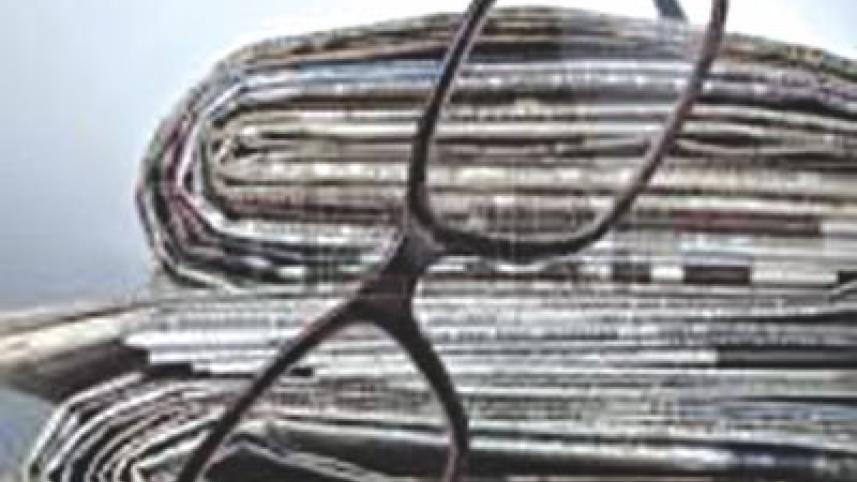Build the culture of 'responsible reading'

IN today's free world freedom of press is the heart of social and political interaction. The press has now assumed the role of the public educator making formal and non-formal education possible in a large scale particularly in the developing world, where television and other kinds of modern communication are not still available for all sections of society.
The purpose of the press is to advance the public interest by publishing facts and opinions without which a democratic electorate cannot make responsible judgments.
In an Indian case Express Newspapers (Bombay) Private Ltd. and others v Union of India and others reported in (1985) 1 SCC 641 the court says, 'Newspapers being purveyors of news and views having a bearing on public administration very often carry material which would not be palatable to governments and other authorities.
The authors of the articles which are published in newspapers have to be critical of the actions of Government in order to expose its weaknesses. Such articles tend to become an irritant or even a threat to power'.
Over the years, Governments in different parts of the world have used diverse methods to keep press under control. They have followed carrot-and-stick methods.
Secret payments of money, open monetary grants and subventions, grants of lands, postal concessions, Government advertisements, conferment of titles on editors and proprietors of newspapers, inclusion of press barons in cabinet and inner political councils etc,
Enactment of laws providing for pre-censorship, seizures, interference with the transit of newspapers and demanding security deposit, imposition of restriction on the price of newspapers.
These are some of the ways in which Governments have tried to interfere with freedom of press. With a view to checking such malpractices that interfere with free flow of information, democratic constitutions all over the world have made provisions guaranteeing the freedom of speech and expression laying down the limits of interference with it.
It is, therefore, the primary duty of all the national courts to uphold the said freedom and invalidate all laws or administrative actions which interfere with the constitutional mandate. Though in many writ petitions our domestic court upheld the press freedom but it never explained the term -'responsible reading'.
In the absence of responsible reading news items are being wrongly explained. In India- While going through a news item, the courts have emphasised the culture of “responsible reading”. The Supreme Court vide its judgment in Ajay Goswami v Union of India and others reported in (2007) 1 SCC 143 had dealt with such an issue and the passages found in Para- 78 and 79 may be extracted below:-
'We are also of the view that a culture of “responsible reading” should be inculcated among the readers of any news article. No news item should be viewed or read in isolation. It is necessary that a publication must be judged as a whole and items, advertisements or passages should not be read without the accompanying message that is purported to be conveyed to the public.
Also the members of the public and readers should not look for news meanings in a picture or written article, which are not conceived to be conveyed through the picture or the news item'.
Any people would expect from great writers like the first defendant, high thinking, higher living and high learning. The law in Bangladesh does not permit scrawl writings by individuals just for the purpose of satisfying their impulses arising out of personal animosities.
Therefore no news should be read in segregation; only through collective and constructive reading a concerned reader can understand the true essence of the news. Let's be constructive and build the culture of 'responsible reading'.
The writer is a student of LLM, University of Dhaka.



 For all latest news, follow The Daily Star's Google News channel.
For all latest news, follow The Daily Star's Google News channel.
Comments